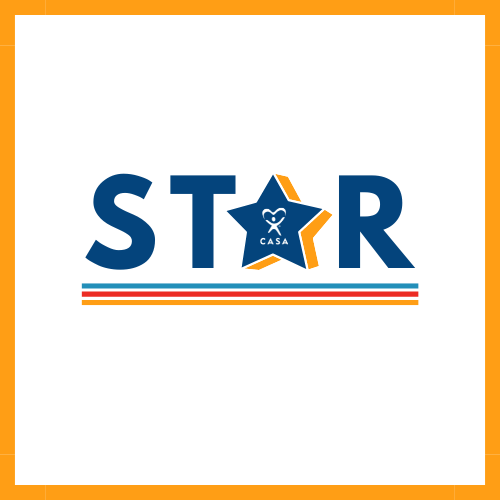Educational Resources for the 2025-2026 School Year
This information was provided by the Children’s Commission on 08/28/2025. See here.
Students are returning to school with excitement and the possibility of new opportunities. For a student in foster care, this could also be a time of uncertainty. Additional support may be needed to encourage a positive experience and educational success for students in foster care. Below are several resources to help guide child welfare professionals, caregivers, attorneys, and judges through intersecting issues in child welfare and education.
Foster Care and Student Success Guide
The Texas Education Agency (TEA), in collaboration with the Department of Family and Protective Services (DFPS) and the Children’s Commission, publish the Foster Care & Student Success Guide. The guide highlights resources and materials and includes chapters on topics such as the Every Student Succeeds Act (ESSA) and Trauma-Informed Education. The TEA website on Foster Care & Student Success features a broad overview of each chapter of the guide for easy navigation and exploration of specific topics along with a detailed training series.
Local Points of Contact
DFPS Education Specialists help students in foster care and serve as central point of contact for DFPS staff, caregivers, and community stakeholders. DFPS has a resource page that includes contact information for the DFPS Regional Education Specialists.
School district Foster Care Liaisons facilitate student enrollment and encourage best practice strategies for serving students in foster care. For more information, please review instructions on how to identify the Foster Care Liaison in your area.
Higher Education Foster Care Liaisons bridge the gap for students who want to pursue higher education and need additional support to obtain a certificate or degree. For contact information, the Community, State and Technical College Liaisons roster is available online.
Supporting School Aged Children in Care
In 2024, the Children’s Commission hosted a seminario web entitled Supporting School Aged Children in Care which explored the role of the DFPS education specialists and how to best utilize them to ensure that the educational needs of child clients are met. The webinar is archived on the Children’s Commission website.
Postsecondary Opportunities
For students with experience in foster care who pursue postsecondary educational pathways, Education Reach for Texans offers resources and guidance for financial and other supports. The DFPS Transitional Living Services website also includes helpful information.
For youth ages 16 to 25, Transition Centers operate as local one-stop service centers to help youth with job readiness and job search assistance, higher education enrollment assistance, food and housing assistance, and mentoring.


